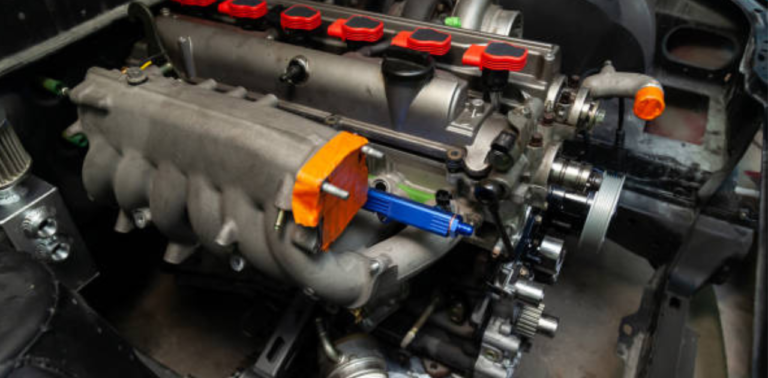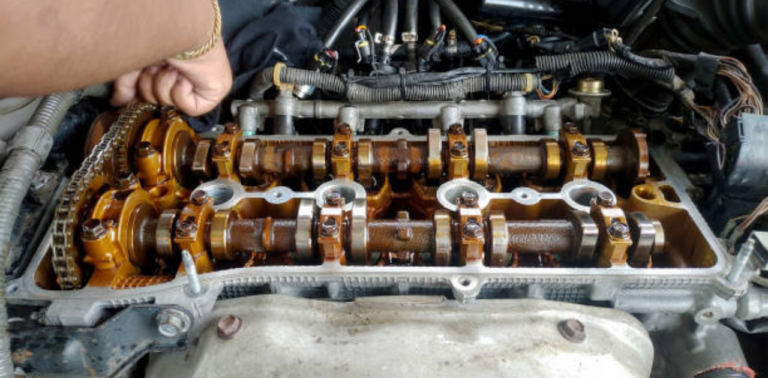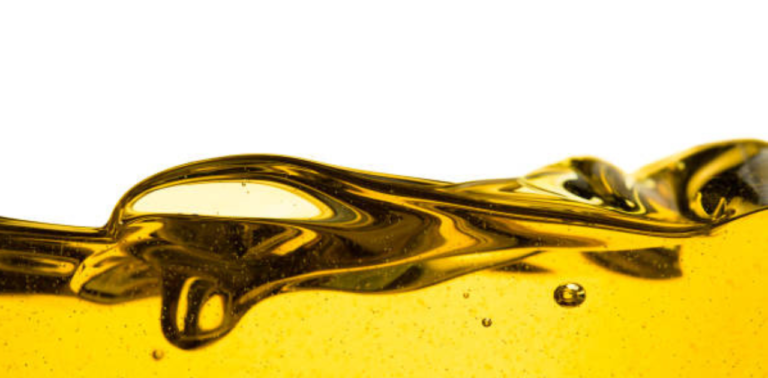What Are The Differences Between 75W85 And 75W90 Gear Oil?
When it comes to maintaining the health and longevity of your vehicle’s transmission, choosing the right gear oil is essential. Among the various options available, the debate between 75W85 and 75W90 transmission oil is often the focus. In this article, we will shed light on the secrets surrounding these two lubricants and provide answers to common questions so that you can make an informed decision for your vehicle.
What is Gear Oil?
Geared oil, also known as gear lubricants, is a type of oil specially designed for the lubrication and protection of gears in the transmission, transmission, and differential of a vehicle. Unlike motor oil, which was primarily developed for engines, transmission oil is designed to meet the specific requirements of transmission systems.
Here are the key functions and characteristics of gear oil:
1. lubrication: The main function of gear oil is to lubricate the gears and bearings in the transmission and differential of a vehicle. The gears are exposed to a high degree of friction and heat during operation, and the gearbox oil helps to reduce this friction and thus prevent wear of the metal components.
2. Cooling: Transmission oil also plays a role in the dissipation of heat generated during the operation of the gears. The continuous interlocking and movement of gears can generate significant heat, and an effective transmission oil helps to drain this heat from critical components, preventing overheating and possible damage.
3. Protection against wear and tear: Gears are exposed to extreme pressures and forces, especially with acceleration, braking, and changes in direction. Transmission oil contains additives that form a protective film on the transmission surfaces, which reduces wear and extends the life of the components.
4. Viscosity and temperature stability: Transmission oil is formulated with a specific viscosity, which is often expressed with numbers such as 75W85 or 75W90. The viscosity of the oil affects its flow properties at different temperatures. The ‘W’ in the viscosity number indicates winter and how well the oil flows at low temperatures. Temperature stability is essential for proper lubrication under both cold and hot operating conditions.
5. Conditioning of seals: Many gear oils contain additives that contribute to the conditioning and maintenance of seals in the transmission and differential. This prevents oil spills and ensures that the lubricant stays where it is needed.
6. Corrosion protection: Transmission oils often contain anti-corrosion additives to protect metal surfaces from rust and corrosion. This is particularly important for gears exposed to harsh environmental conditions.
Understand the basics: Before we deal with the differences, we should create a basic understanding of these gear oils. Both 75W85 and 75W90 are multi-range oils designed for lubrication and protection of the complex components of vehicle transmission. The numbers in the names are for the viscosity levels, where the “W” stands for winter fitness.

Is it OK to use 75W90 instead of 75W85?
One of the most frequently asked questions is whether replacing 75W90 with 75W85 is allowed. These two gear oils are similar but have different viscosity values. The oil 75W90 is somewhat thicker than its counterpart 75W85. It is essential that you know the specifications of your vehicle and the manufacturer’s recommendations. In some cases, the use of 75W90 may be acceptable, but you must consult your vehicle’s manual to ensure compatibility.
What is 75W85 gear oil used for?
To make the right choice, it is important to know the purpose of the 75W85 transmission oil. In general, 75W85 is used in gearboxes and differentials, where a thinner lubricant is preferred. Its lower viscosity ensures smoother operation, especially at colder temperatures. If your vehicle needs better fuel efficiency and smoother switching processes, 75W85 could be the ideal choice.
What is 75W90 gear oil used for?
75W90 transmission oil is a special lubricant designed for use in various automotive applications, especially in transmission and differential systems. The numerical designation 75W90 indicates the viscosity properties of the oil, which makes it suitable for certain conditions. Here is a breakdown of what 75W90 gear oil is used for:

Manual gears:
The gearbox oil 75W90 is often used in gearboxes. The viscosity class ensures proper lubrication of gears and bearings, facilitates smooth switching operations, and reduces wear and tear of gear components.
Differentials:
It is also used in car differentials, which are responsible for the distribution of torque between the wheels. The viscosity of the oil is decisive for adequate lubrication of the gears and bearings in the differential, thereby ensuring efficient power transmission and minimizing the heat generated by friction.
High-performance and heavy-duty vehicles:
75W90 transmission oil is often used for heavy-duty and heavy-duty vehicles. These vehicles generally put more stress on their gears and differentials, and the higher viscosity of 75W90 helps to meet the requirements of such applications.
Versatility at different temperatures:
The “75” in 75W90 stands for the viscosity at higher temperatures, making it suitable for warmer operating conditions. In addition, the “W” stands for winter, which means that the oil has good flow characteristics even at colder temperatures. This versatility makes 75W90 a preferred choice for vehicles exposed to severe temperature fluctuations.
Lock differential:
Some formulations of the 75W90 gear oil have been developed to meet the requirements of locking differentials. Lock differentials have additional friction elements, and the properties of 75W90 contribute to the proper locking and functioning of these components.
.
Heavy duty conditions:
Vehicles, which often pull heavy loads or carry large payloads, can benefit from the higher viscosity of the 75W90 transmission oil. It provides the necessary protection against extreme pressures and reduces the risk of premature wear under heavy load conditions.
Are 75W85 and 75W90 the same?
The world of gear oils can be confusing, and the similarity of numerical nomenclature contributes to confusion. However, 75W85 and 75W90 are not identical. The main difference lies in the viscosity grades. The “85” and “90” represent the thickness of the oils, where 75W85 is thinner than 75W90. Always follow the recommendations of your vehicle manufacturer to ensure optimum performance and durability.

Can I use 75W-90 instead of 75W-85 for Toyota?
Toyota, a renowned automobile manufacturer, often has specific recommendations for lubricants. If you are wondering if you can use 75W-90 instead of 75W-85 in a Toyota vehicle, please refer to the instructions. Toyota may have its specifications, and departing from those recommendations could affect performance and potentially lead to long-term damage. Vehicle maintenance depends on precision, and compliance with the manufacturer’s guidelines ensures a harmonious relationship between the components of your vehicle and its lubricants.
Conclusion:
In the field of gear oils, the differences between 75W85 and 75W90 may seem only marginal, but they may have a significant impact on the performance of your vehicle. The most important thing is to take into account the recommendations of the vehicle manufacturer and to understand that each lubricant is formulated for specific applications. Whether you are looking for smoother switching processes or better fuel efficiency, or just want to comply with the manufacturer’s guidelines, choosing the right gear oil is a small but crucial step to ensure the health and longevity of your vehicle’s transmission.






